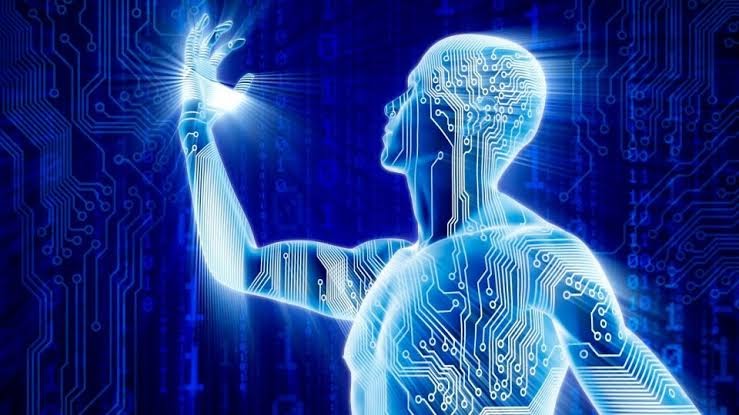
ENERGY AND HUMAN BODY
Energy can be defined as the capacity to do work or the ability to perform activities.
Energy is needed for-
1)Physical activity
e.g walking, sleeping etc.
2) Growth which involves synthesis of new compounds that are incorporated in a new tissues.
3) Internal work like the work of the digestive system, circulatory system, respiratory system and excretory system etc.
4) Maintaining Body temperature.
All the functions above are necessary for survival.
Unit of measurement of Energy- It is measured in terms of calories or Kilocalories.
1 kilocalorie may be defined as the amount of heat energy required to raise the temperature of 1 kg of water through 1°C at normal atmospheric pressure whereas 1 calorie may be defined as the amount of heat energy required to raise the temperature of 1gm of water through 1°C at normal atmospheric pressure. In short, 1 kilocalorie = 1000 calories.
The body’s requirement for energy can be subdivided into 3.
1. The energy required to maintain basal metabolism:
the basic essential metabolic processes required to keep the body alive and healthy and, where applicable, growing at an appropriate rate.
2. The energy required to power physical activity,
meaning all the muscle movements in addition to those such as involuntary breathing and heartbeat required simply to keep us alive.
3. The energy that is necessarily released as a thermic effect of food,
which is a process of increased energy expenditure and therefore heat release that inevitably occurs between 1 to 3 hours after a meal because of the stimulating effect that the nutrients of food have on metabolism in general.